 At the end of January, I received an inquiry from an Executive resume client (I will call him Mark). In a fairly brief sales conversation, Mark expressed his intention to purchase an Executive Resume package. Mark was my ideal client because of his career level and his “time over money” attitude. He was willing to invest in a great product to advance his career.
At the end of January, I received an inquiry from an Executive resume client (I will call him Mark). In a fairly brief sales conversation, Mark expressed his intention to purchase an Executive Resume package. Mark was my ideal client because of his career level and his “time over money” attitude. He was willing to invest in a great product to advance his career.
In response to a follow-up email I sent him on February 1, Mark wrote: “Got it. On the road this weekend. I’ll handle on Monday.”
Monday came and went, as did several more Mondays. I knew Mark was not in a huge rush to start his job search, so I did not think much of it. After all, I have many clients who take months to complete their resumes even after they begin the process. On April 2, I decided it was time to check in. I wanted to know what happened. So I gave Mark a call to see where he stood in his decision-making—and learned that he had chosen another company to write his resume. While this news did not thrill me, I saw it as an opportunity to find out what could have been better about my sales process.
What I found out is that Mark’s son had been involved in the decision-making process. A young IT professional, he’d seen my website and judged that the quality of my site did not project the image he thought a top resume company should project. I was grateful to Mark for giving me this information and I sent him the link to the new site I had already started to create. His son liked that one better (it is still under construction). Two weeks later, Mark decided to hire The Essay Expert to write his LinkedIn profile. He worked with our writer Sandra and was so pleased with the result that in June, less than completely satisfied with the resume he had received from a different company, he hired The Essay Expert to write his resume. Once again, Sandra created a document that impressed Mark thoroughly.
There are two lessons that can be gleaned from this story:
- Conduct Follow-Up always.
I pride myself on my diligent follow-up with clients. I could have just let Mark go, but it was extremely important for me to know what happened. If Mark needed additional information I wanted to provide it. And if he had chosen a different company, I wanted to know why so that I could possibly prevent similar events in the future. My follow-up indicated to Mark that I cared and had my act together as a businesswoman.
- Listen to Feedback as a contribution.
When Mark told me he had chosen another company, I wanted to hear from him what made him change his mind about hiring us. I was not only open to his comments and suggestions, but eager for them. And I was vocally grateful for what he shared. I believe my attitude gave him trust in my company. I cared about Mark even after I knew I was not making a sale, and it made a difference in how he perceived me.
That’s not the end of the story. After Mark’s resume and LinkedIn profile were complete, he wanted to support my company by bringing us more business. He suggested to an Executive Recruiter at Spencer Stuart, a large Executive Recruiting firm in Chicago, that they refer clients to me. Mark is well-known and trusted by that firm and they take his recommendations seriously. The day after Mark informed me that he had passed my name to Spencer Stuart, I got a call from one of their clients who hired me that same day. If the firm continues to recommend my services, it could represent a valuable, lucrative and long-term shift in my business.
All of this happened because I conducted follow-up and requested feedback (and produced a great product of course).
And… guess what I did after I got that referral? I followed up with the recruiter who sent me that client! He was surprised and happy to have me call him personally to thank him. I think he will be more likely to refer more clients to The Essay Expert because he knows the owner is someone who took the extra step to connect with him.
How consistently do you follow up with people who drop out of communication? Do you call prospective clients or customers who don’t hire you to find out why? Do you contact the people who interviewed you for a job to find out why they didn’t choose you for the position? Do you thank the people who referred you to valued contacts? If not, why not? This simple combination of Follow-Up + Feedback is absolutely essential whether you are running a successful job search or a growing business.
If you have stories of how you got unexpected results from follow-up and feedback, please share below!

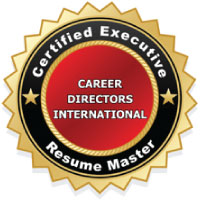
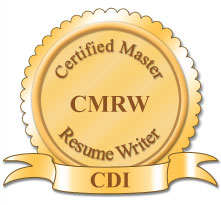
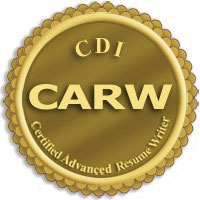
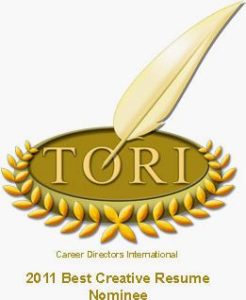
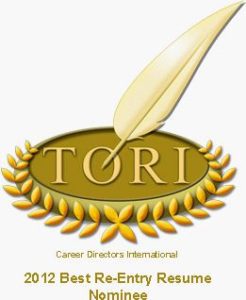
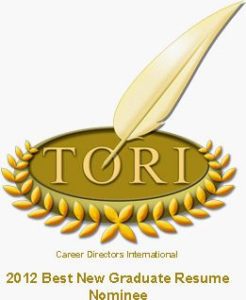
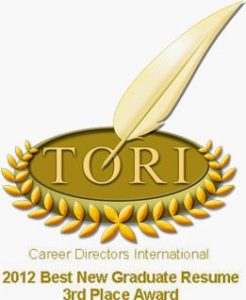
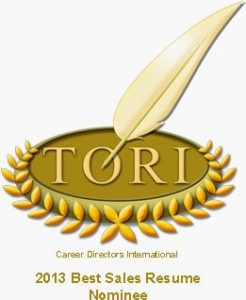
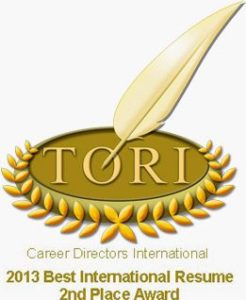

What distinguishes your follow up is that you made a phone call. I follow up also, but usually by email and ,more often than not, do not get a response. I think it’s important to make that distinction. An email is more passive, perhaps less uncomfortable, but it does not get the same results.
Great post. Thanks.
You’re welcome Rita. It seems best communication practices come in waves. For a while, e-mail was a great follow-up device. Now most people are so overwhelmed by their inboxes that a phone call can make all the difference. People want to talk to people!